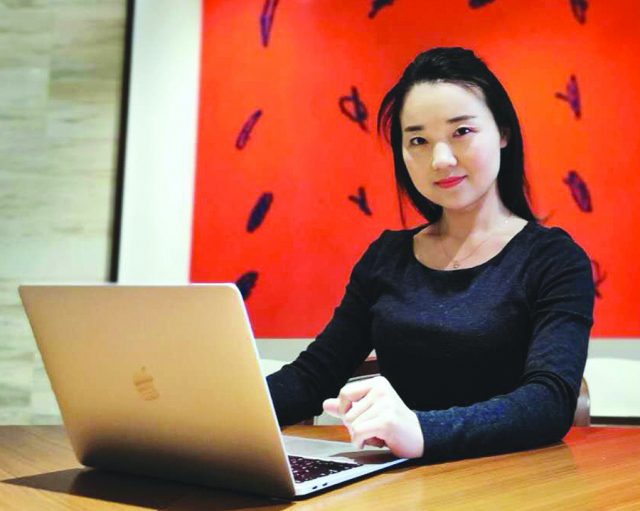Part 1 in a series on COVID-19's Impact in China
Editor’s note: This is the first in a series of articles about how the COVID-19 epidemic is impacting people’s lives and business operations in China, the world’s second-largest economy. Future articles, which will be coauthored by Ed Rowland and Alice Wang, will bring to life the challenges of coping with this epidemic.
It’s one thing to read about the coronavirus. It’s another thing to be living it.
Since early January, most Chinese people must work from home, as public transportation has been curtailed or halted. The world’s largest test of remote online working is happening now.
As a child, Alice Wang, who recently left Alibaba’s Healthcare Division and has deep consumer health care roots, dreamed of making money while lounging around at home. So did her brother and many young friends, now collectively known as China’s Generation Y. Who wouldn’t want to earn a good living staying in the comfort of their own home? Recently, that dream came true, but a little differently from Alice’s childhood musing.
The general Chinese population learned about the coronavirus before the New Year and the country became a remote workplace world literally overnight. Alice never thought it would enable her to stay in bed for weeks. No need to rush for a morning bus. No rush hour traffic jams. Just work from bed.

Alice Wang
The feeling of freedom lasted about five minutes. Alice now must prepare breakfast, lunch and dinner after only intermittent cooking for the last five years. She must be online virtually 24 hours a day, as her boss might call for a conference at any time. At the office, long hours were the norm, but her boss would eventually send her home, showing what the Chinese call a “caring face.” Now, there are team conference calls after 9 pm.
Alice describes herself as a “guinea pig” along with hundreds of millions of peers, participating in the online virtual experiment. According to research, there are about 18 million Chinese enterprises and 300 million people now working from home.
Alice lists the “pros” she has experienced so far:
• More family time. Her pets aren’t complaining. Her dog, Danae, has been told, “Darling, I have to finish this presentation now, play by yourself for a while.”
• Saving money and time. No premium cosmetics and luxury clothes this month. It’s also good news for her “dude” boyfriend who could never tell the difference between Chanel and a cheap copy.
• Avoid unnecessary meetings. The daily two-hour review session to keep her boss and colleagues aligned and (over?) connected has been eliminated.
• No traffic jams! That’s huge!
However, when one window opens, a door also shuts. There are issues with working online; some challenges are not easy to manage whether short or long term:
• Workplace efficiency and security. Team connectivity has suffered. Ensuring data security feels like the sword of Damocles. HR and IT have not slept well for weeks in a lot of companies.
• No discernable boundary between work and life. Everyone is exhausted. When Alice opens her eyes, she hears her work time clock. For now, she likens it to a sweatshop and Karl Marx-like exploitation.
• Poorer communications. Face-to-face workplace connectivity is indeed necessary and beneficial or irreplaceable in some cases.
• Too many distractions at home. This includes family and pets, but another unexpected issue has been loneliness. We have socialized needs of working together to solve problems.
American Factory, the Oscar-winning Best Documentary Feature, mentioned that more than 377 million people would have to do very different work, and adapt to the challenges of working from home. China is now doing this experiment for the world.
Meanwhile, it’s time for Alice to close her laptop. “Darling Danae, come here to mommy …” Alice’s dream now is to return to the office next week. She worries that she might not be sufficiently contributing to her company’s success and hopes her boss won’t figure this out before it’s too late.
Ed Rowland is the principal of Rowland Global LLC (www.rowland-global.com), which supports companies in their strategy, tactics and execution of international growth initiatives. Alice Wang is a consumer health care professional with deep knowledge of Chinese e-commerce, the world’s largest internet market.




You must be logged in to post a comment Login